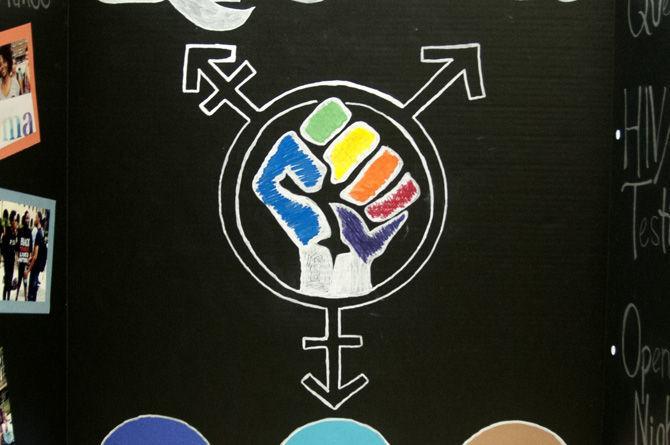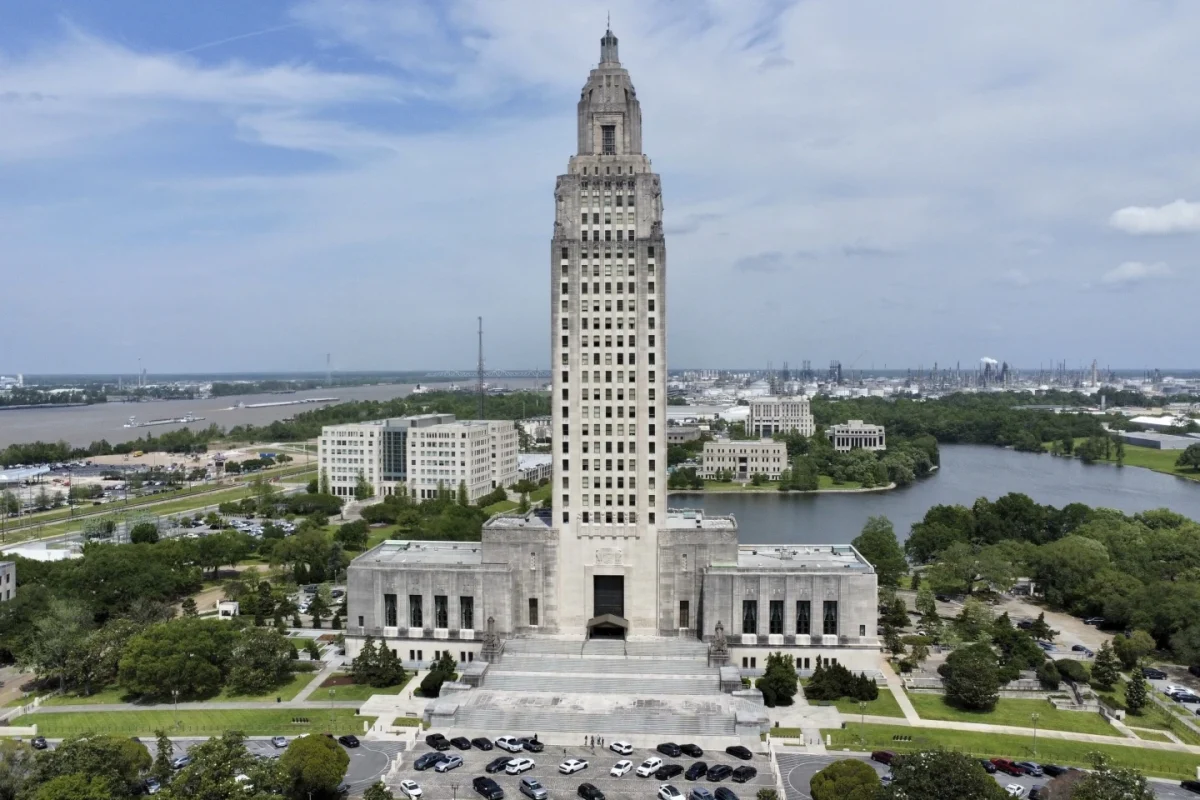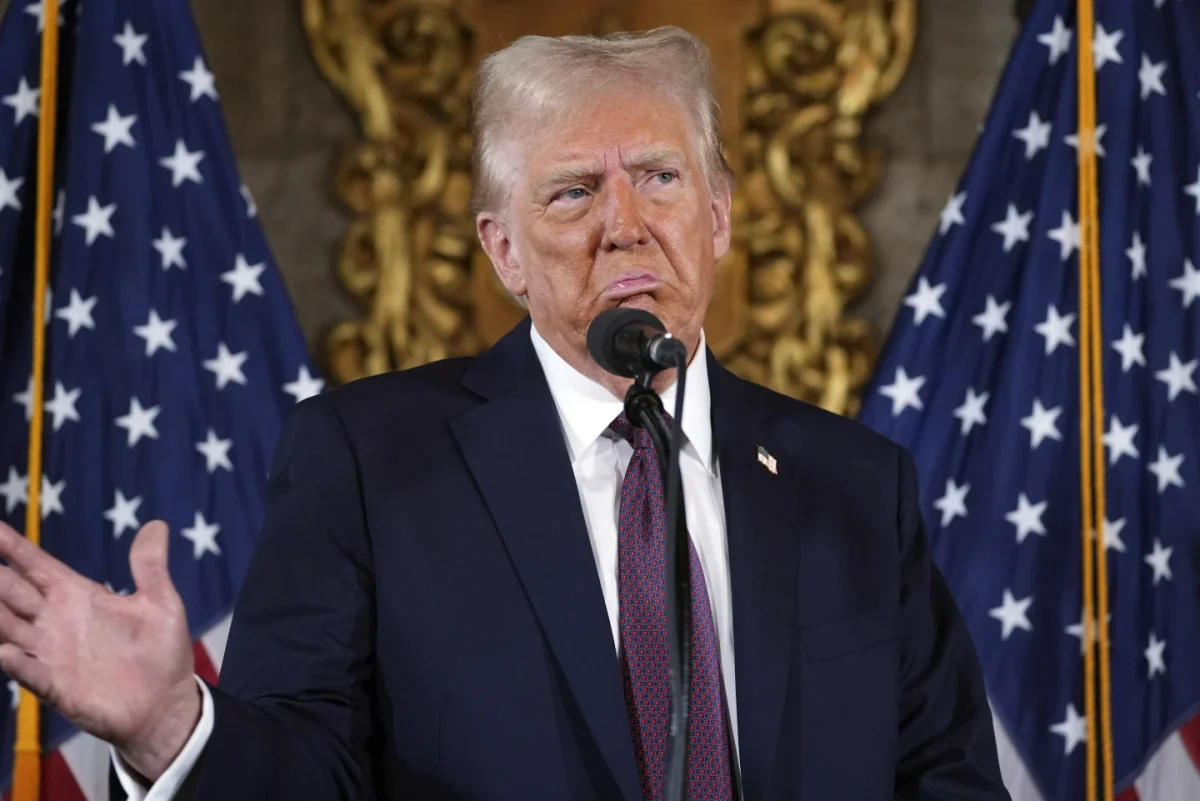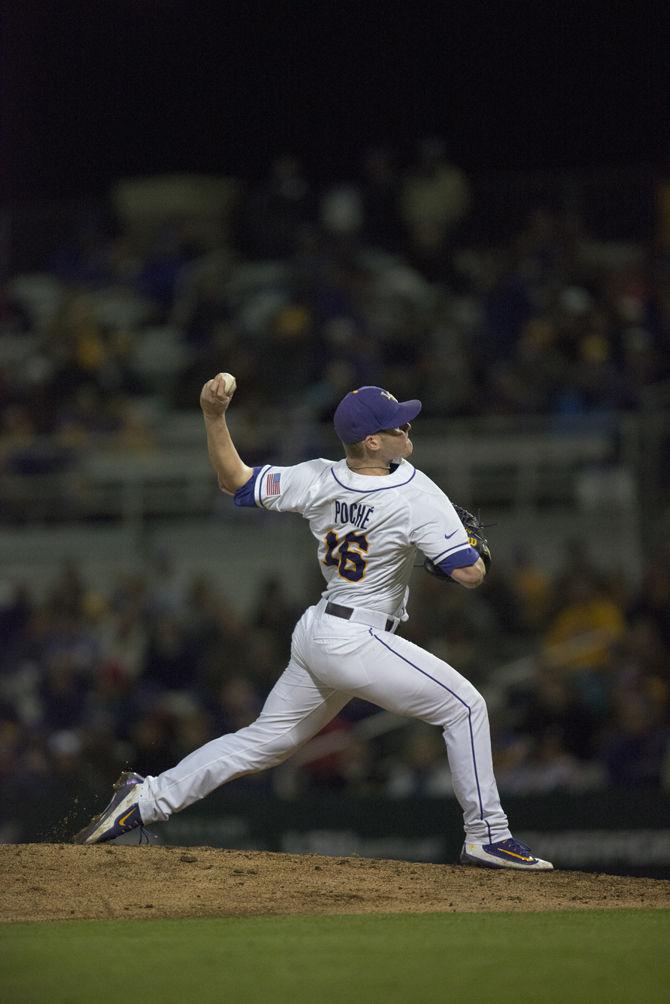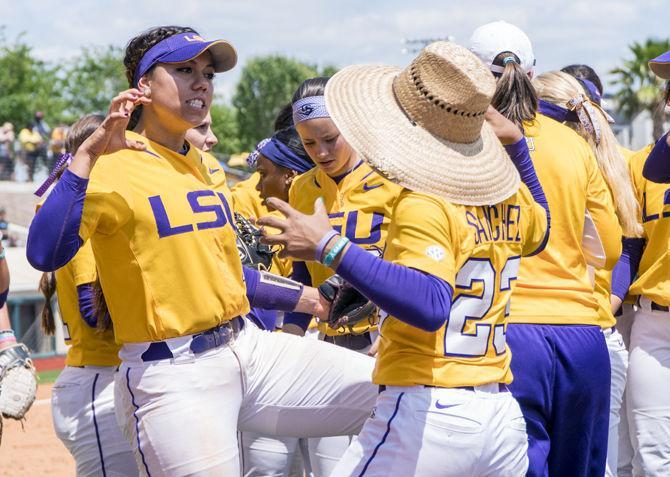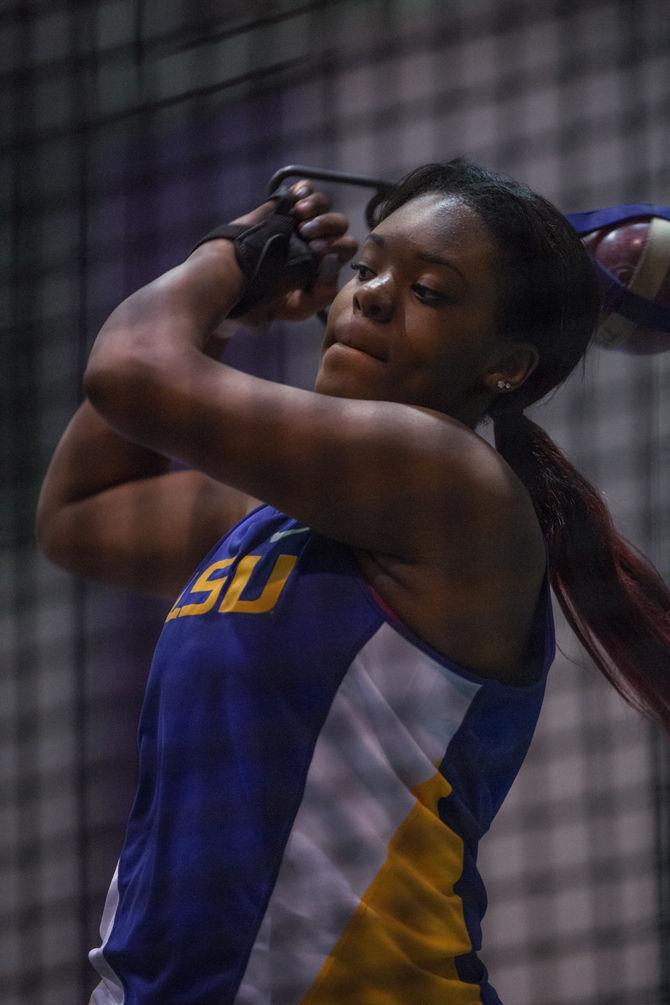Important black cultural keystones, figureheads, leaders and regular people all are part of the LGBT community.
Because of our steadfast Christian influence, the black community is not the most welcoming to our “alternative lifestyle” brothers and sisters. During family reunions, rumors about their escapades and condemnations of their deadly sins float through the hushed corners of Big Mama’s house.
Black Twitter’s expansive reach and power make it a breeding ground for investigations to sus out downlow brothers and determine what and with whom a young lady might be dibbling and dabbling.
The University even pops up in this conversation. Questions surrounding Odell Beckham Jr.’s sexual orientation are a constant occurrence. Online masses have sworn that, if they see him outside the lines, they’ll teach him to be a man, and his gametime opponents threatened him and hurled slurs his way.
Most of this rhetoric is social media talk and the commenters, primarily black, are just blowing hot air. His prestige and status make him untouchable.
Unfortunately, not everyone is as privileged as he.
In 2015 alone, 21 transgender women were murdered, and their only offense was choosing to express their full identity regardless of the social stigmas attached to it. Their deaths speak to a decrepit evil seeded in minority communities.
The majority of them were women of color living in low-income, majority-black neighborhoods. These murders directly link to the transphobic and, more broadly, homophobic tendencies ingrained in large swaths of the black community.
I understand why others may feel it’s best to keep this discussion and their family members in the closet. In their minds, systemic poverty, police brutality and equal access to healthcare far outweigh the concerns of the gay cousins they’d rather ignore.
However, our LGBT brothers and sisters, those same people we ignore and shame into silence, are and have been working to better the black community for decades.
Bayard Rustin, a pioneering leader for racial equality and the architect of the Civil Rights Movement’s nonviolent strategy, organized the 1963 March on Washington, the largest nonviolent protests held in the United States.
Most folks do not know his name or his works because he was publicly known to be gay. A prominent black pastor and congressman from Harlem threatened to spread innuendos about Martin Luther King Jr. and Rustin being secret lovers, and King had to publicly and forcefully shun Rustin to save his own reputation. The mere thought of being connected to the gay lifestyle was too much for King.
From then on, his contributions to the movement were murky and hard to publicly validate. Not only was he a gay man in a heteronormative world, but the proverbial Moses to the black community that pushed him away.
We’ve made creeping progress though. Today, the public figurehead for the Black Lives Matter movement, DeRay Mckesson, is an out gay man. He has not been pushed aside yet, and this acceptance correlates with a positive generational shift toward accepting LGBT celebrities.
Beyoncé’s blockbuster “Formation” video put Messy Mya and Big Freedia voices’ in a radiant spotlight. Mya, a YouTube star and out gay man, was a premier act in the local New Orleans Bounce scene before he was murdered. Big Freedia, a non-gender identifying person, is the most popular performer of Bounce music and a mainstream icon Louisianians know and love.
This video championed Queen Bee’s most prolific declaration yet of her being “Black and Proud.” Black Twitter praises this video’s portrayal of problems the black community faces, and it shows the generational difference in how younger blacks are more open to our LGBT brethren. Not only do we celebrate them as prominent icons, but we put them at the forefront of our cultural dialogue.
Accepting and celebrating LGBT celebrities is a positive change, but we must also accept those whom we come across in our daily lives. Being black in America, for some, is a daily reminder of inferiority. We need to take a hard look at how we treat blacks who don’t look or act “ideal,” and then fix our prejudiced tendencies.
Black History Month is a special time set aside to exalt those who came before us and lit a blazing trail of glory for all to follow when it comes to fighting injustice and making America more racially harmonious.
Names like Audre Lorde and Bayard Rustin need to become as synonymous with this period of celebration as are Rosa Parks and Ralph Abernathy.
We should expect factions in the black community because a monolithic black thought doesn’t exist. However, we can’t base those differences around a disapproval of what happens once bedroom doors close.
Garrett Hines a 21-year-old political science senior from Monroe, Louisiana.
OPINION: Blackness cannot be peeled away from the rainbow coalition
February 15, 2016
A board by the Qroma group illustrates LGBT support Tuesday, Sept. 22, 2015, during Rainbeaux Rush in the African American Cultural Center.
More to Discover



